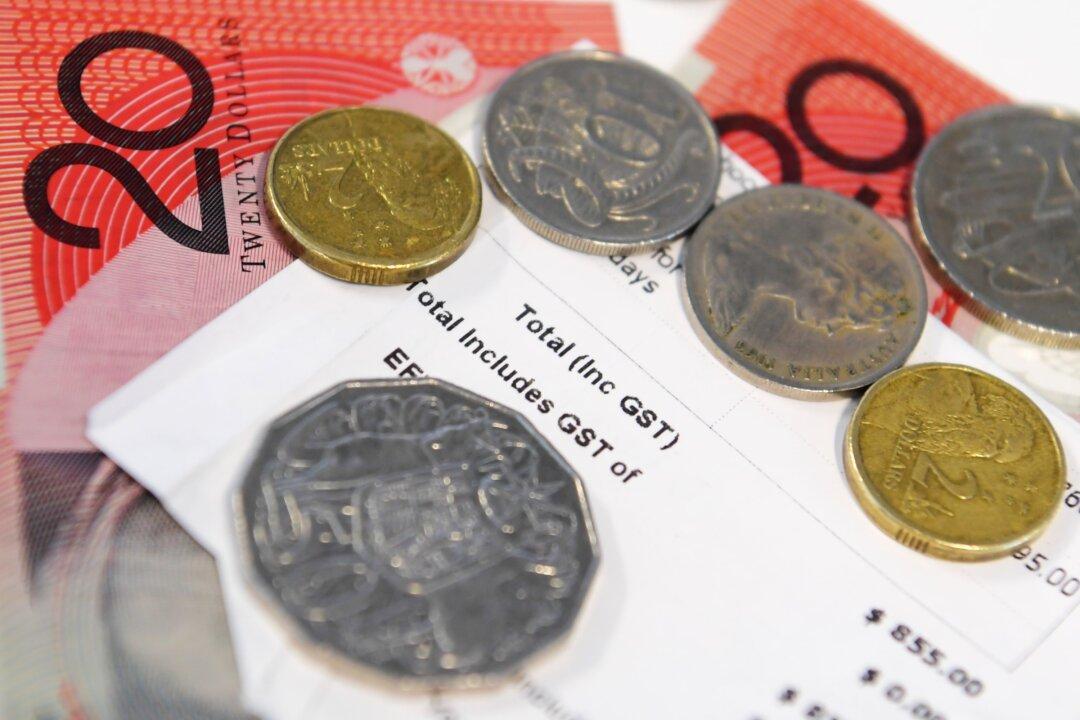Australians could soon be grappling with the possibility of taxes on inheritances after incoming Productivity Commission Chair Danielle Wood said there was “simply no policy justification” for how little tax retirees allegedly pay.
The Labor government-chosen Ms. Wood said a “sensible conversation” was needed after the Productivity Commission estimated that Australian baby boomers (people born between 1946 to 1964) would pass on over $220 billion in inheritance annually before 2050.





